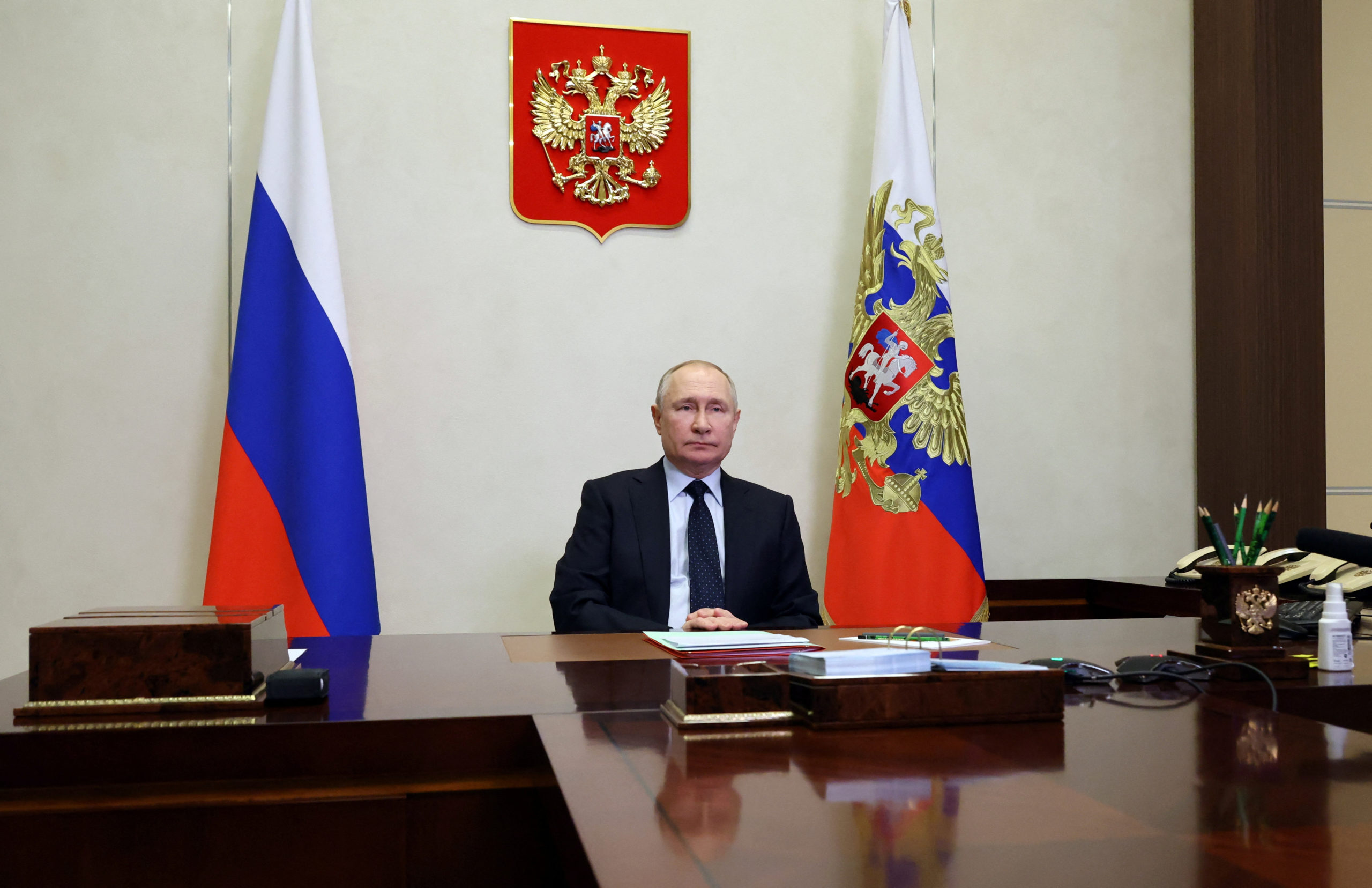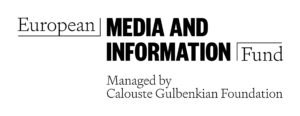Putin discusses Russia’s claim to giant chunk of Arctic Ocean seabed
The Kremlin did not immediately provide further details about the meeting.

MOSCOW — President Vladimir Putin held talks on Friday with top security officials about the status of Russia’s efforts to legally expand the outer boundaries of its continental shelf in the Arctic Ocean.
Russia in 2021 filed a submission to the United Nations seeking to redefine its continental shelf, which is believed to contain vast untapped reservoirs of oil and gas. Moscow said at the time it wanted much more Arctic seabed, a move that has implications for Canada and Denmark who have their own claims.
A continental shelf is defined under international law as an area of typically shallow water bordering a country’s shoreline that is considered an extension of its territory, allowing the country to exploit its natural resources.
“We have several important issues today, colleagues, concerning both the domestic agenda and the issue of the outer limit of Russia’s continental shelf in the Arctic Ocean. Let’s get to work,” the Kremlin website cited Putin as saying.
The Kremlin did not immediately provide further details about the meeting, which was attended by several high-ranking officials, including Defense Minister Sergei Shoigu and Sergei Naryshkin, the foreign intelligence chief.
Russia’s neighbors in the Arctic have become increasingly concerned about Moscow’s ambitions in the strategically important region since it sent tens of thousands of troops into Ukraine in February last year.
NATO member states have ramped up Arctic military exercises in recent years, as Russia has expanded and renewed its military infrastructure in the region.
Reporting by Caleb Davis and Vladimir Soldatkin.
This article has been fact-checked by Arctic Today and Polar Research and Policy Initiative, with the support of the EMIF managed by the Calouste Gulbenkian Foundation.
Disclaimer: The sole responsibility for any content supported by the European Media and Information Fund lies with the author(s) and it may not necessarily reflect the positions of the EMIF and the Fund Partners, the Calouste Gulbenkian Foundation and the European University Institute.
